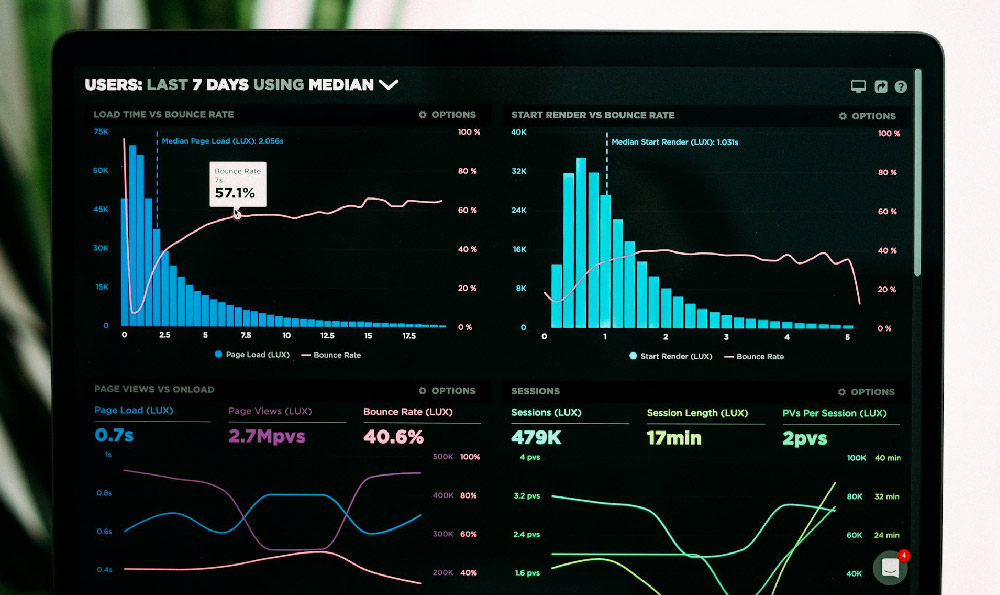How to Earn Online: Free Methods or Paid Options?

The allure of earning money online is undeniable. It promises flexibility, independence, and the potential for significant income, all from the comfort of your own home. However, navigating the landscape of online income generation can be daunting, with countless opportunities vying for your attention. A crucial first step is to understand the fundamental difference between free methods and paid options, their respective advantages and disadvantages, and how to choose the path best suited for your individual circumstances.
Free methods of earning online typically involve leveraging existing skills, platforms, or resources without requiring upfront financial investment. These are often excellent starting points for those new to the online world or those with limited capital. One popular avenue is freelance writing or editing. Platforms like Upwork, Fiverr, and Guru connect freelancers with clients seeking content creation, proofreading, or copy editing services. While competition can be fierce, building a strong portfolio and consistently delivering high-quality work can lead to a steady stream of income. Similar opportunities exist for graphic designers, web developers, virtual assistants, and social media managers. The key to success in these roles is to possess in-demand skills and the ability to effectively market yourself.
Another accessible free method is participating in online surveys and tasks. Websites like Swagbucks and Amazon Mechanical Turk offer small payments for completing surveys, watching videos, or performing simple data entry tasks. While the earning potential per task is relatively low, the cumulative income can be significant with consistent effort. This option is particularly suitable for those seeking supplemental income or those who have pockets of free time throughout the day.

Affiliate marketing represents another compelling free avenue, although it typically requires a pre-existing online presence, such as a blog or social media following. Affiliate marketing involves promoting products or services of other companies and earning a commission for each sale or lead generated through your unique affiliate link. Success in affiliate marketing depends on building a loyal audience, creating compelling content, and selecting products or services that resonate with your target market. While there are no upfront costs, affiliate marketing requires significant time and effort to establish a profitable system.
Creating and selling digital products, such as ebooks, online courses, or templates, is another avenue with minimal upfront investment. If you possess specialized knowledge or skills, you can package them into digital formats and sell them through platforms like Gumroad or Etsy. The beauty of digital products is that they can be created once and sold repeatedly, generating passive income over time.
On the other hand, paid options for earning online typically involve investing money in training, resources, or advertising to accelerate the income-generating process. One popular paid option is online course creation. While you can create and sell courses on free platforms, investing in professional video equipment, editing software, and marketing materials can significantly enhance the quality and reach of your courses, leading to higher sales and revenue. Similarly, participating in paid online training programs can equip you with specialized skills in areas like digital marketing, e-commerce, or web development, increasing your earning potential in these fields.
E-commerce, or online retail, is a significant paid option. Starting an online store requires investment in inventory, website design, and marketing. While platforms like Shopify and Etsy offer relatively affordable solutions for launching an e-commerce business, success depends on developing a unique brand, sourcing quality products, and effectively marketing your store to attract customers. Dropshipping, a variation of e-commerce, allows you to sell products without holding inventory. In this model, you partner with a supplier who ships products directly to your customers. While dropshipping can reduce upfront costs, it also reduces your control over product quality and shipping logistics.
Investing in paid advertising, such as Google Ads or Facebook Ads, can be a powerful tool for driving traffic to your website, promoting your products or services, and generating leads. However, paid advertising requires careful planning, targeting, and budgeting to ensure a positive return on investment. Without proper knowledge and experience, it's easy to waste money on ineffective advertising campaigns.
Choosing between free methods and paid options depends on several factors, including your budget, skills, time commitment, and risk tolerance. If you have limited capital and are willing to invest time and effort in learning new skills, free methods may be the best starting point. You can gradually build your skills, experience, and online presence before investing in paid resources. However, if you have capital available and want to accelerate the income-generating process, paid options can be a viable alternative. Investing in training, resources, or advertising can give you a competitive edge and help you reach your financial goals faster.
Regardless of which path you choose, it's essential to approach online income generation with a realistic mindset. Success rarely happens overnight. It requires dedication, perseverance, and a willingness to learn and adapt. Research thoroughly, avoid scams, and focus on building sustainable income streams that align with your skills and interests. Building a successful online business takes time, but with the right approach, it's a rewarding path towards financial independence. Remember to always prioritize ethical practices and build a reputation for delivering value. A strong foundation of trust and integrity will be invaluable in the long run.














